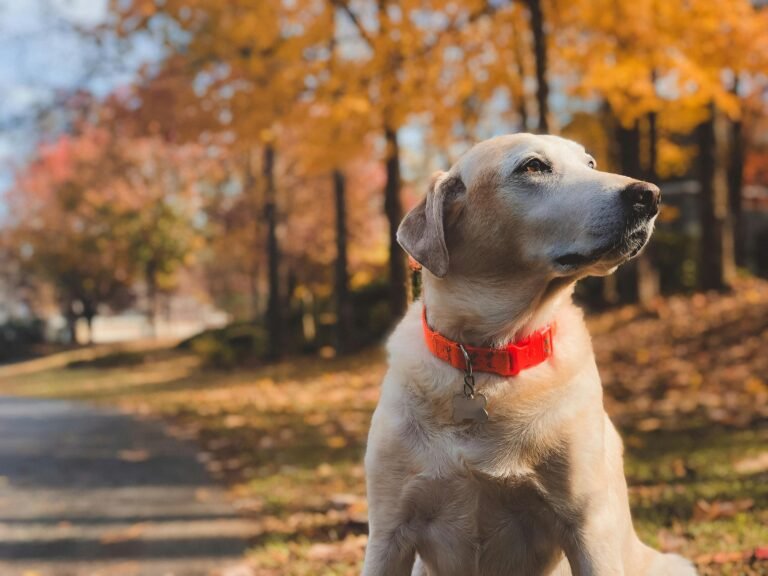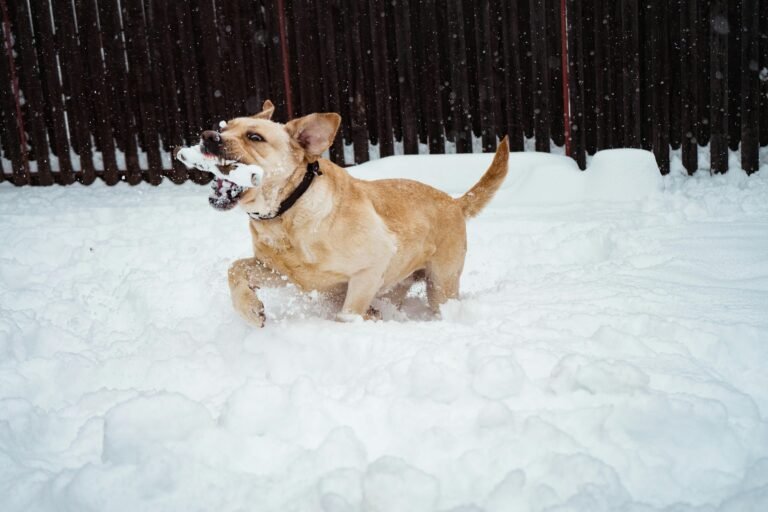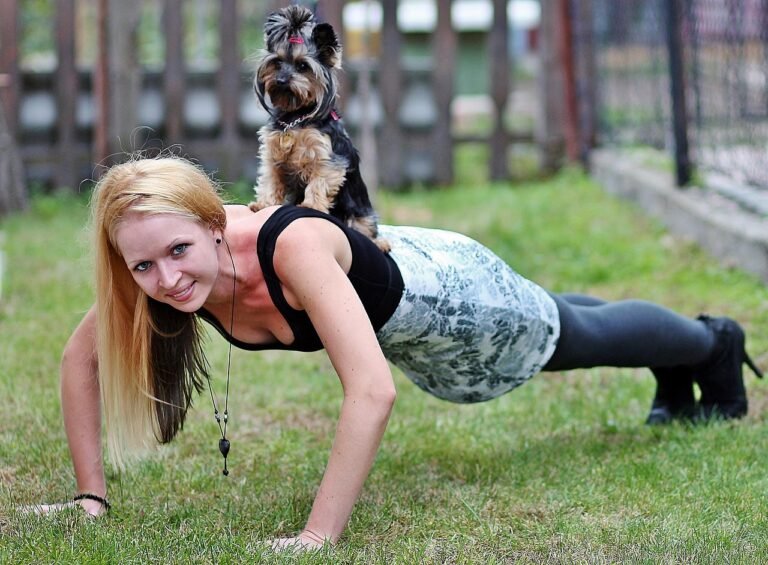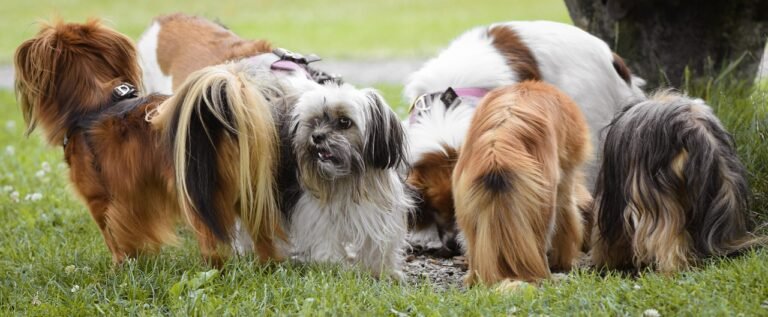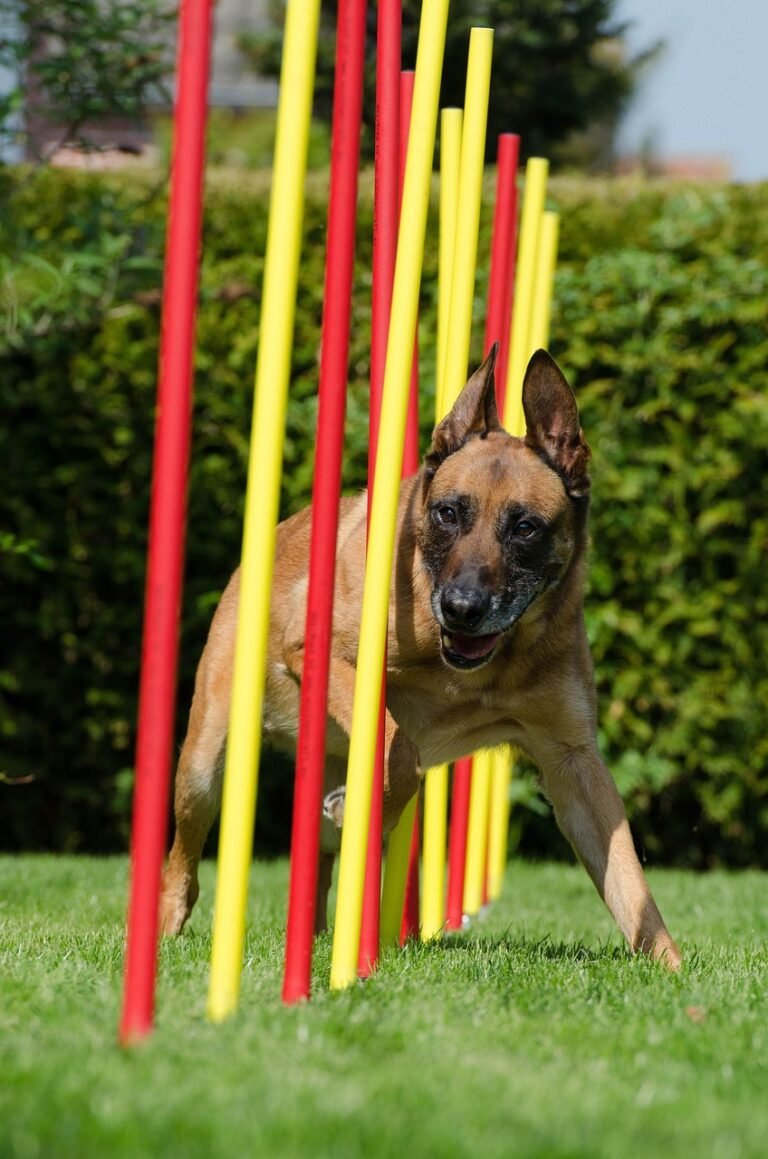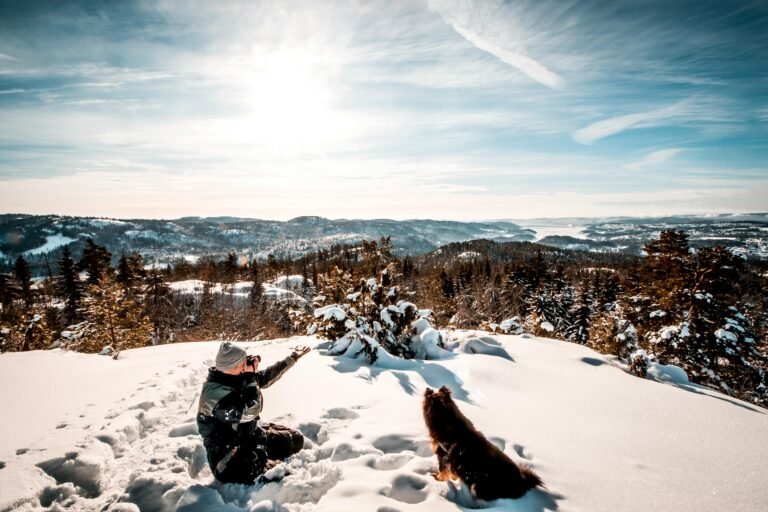Thanksgiving is a time for family, friends, gratitude, and of course, a bountiful feast. As you prepare your turkey and all the trimmings, your furry companion will likely be waiting under the table with hopeful eyes. While it’s tempting to share your plate, many traditional holiday dishes are too rich or contain ingredients that can harm dogs. This guide will help you understand which foods are safe to share, which are best avoided, and how to include your dog in the celebration without compromising their health.
Why Table Scraps Are Risky for Dogs
Our holiday meals are often loaded with butter, salt, sugar, and spices that make them irresistible to humans but potentially dangerous for pets. Dogs’ digestive systems are not designed to handle the high fat content and seasoning found in many Thanksgiving dishes. Eating the wrong things can lead to upset stomachs, vomiting, diarrhea, or even life-threatening conditions like pancreatitis. Some ingredients are downright toxic to dogs. Here are some common foods to keep off your pup’s menu:
- Turkey skin and drippings: The rich fat and seasoning can overwhelm your dog’s pancreas and trigger painful inflammation.
- Cooked bones: Contrary to popular belief, cooked poultry bones can splinter and cause choking or internal injuries.
- Stuffing with onions or garlic: Alliums like onions, garlic, leeks, and chives can damage red blood cells and cause anemia.
- Grapes and raisins: Even small amounts can lead to sudden kidney failure in dogs.
- Chocolate or desserts containing xylitol: Chocolate contains theobromine, and sugar-free sweets may include xylitol, both of which are toxic.
- Nutmeg and spices: Seasonings in pumpkin pie or sweet potato casseroles can upset your dog’s nervous system.
- Alcohol and yeast dough: Alcohol can cause dangerous drops in blood sugar and body temperature, while rising dough may expand in the stomach.
It’s also wise to avoid rich gravies, creamy casseroles, salty ham, and any dish containing nuts, particularly macadamias. When in doubt, err on the side of caution and keep it off your dog’s plate.
Dog-Safe Thanksgiving Foods
The good news is that there are plenty of wholesome holiday foods you can share in moderation. When prepared plainly, without added sugar, salt, butter, or spices, these ingredients offer nutritional benefits and a taste of the festivities:
- Plain, skinless turkey meat: Remove all bones, fat, and skin, then chop or shred small pieces of white or dark meat.
- Sweet potatoes or yams: Baked or boiled until soft, served without marshmallows, sugar, or butter.
- Pumpkin puree: Plain canned or fresh pumpkin is rich in fiber and beta carotene; avoid pumpkin pie filling, which has added sugar and spices.
- Green beans and peas: Steamed or boiled veggies make a crunchy, vitamin-packed treat. Skip the casserole with fried onions.
- Carrots: Raw or cooked carrots offer satisfying crunch and natural sweetness; chop them into bite-sized pieces.
- Apples and pears: These fruits are safe when peeled, cored, and cut into small chunks. Discard seeds and stems.
- Cranberries: Fresh or dried cranberries without added sugar can be given sparingly for an antioxidant boost.
Moderation is key. Treats should make up no more than 10% of your dog’s daily caloric intake. If your dog has a sensitive stomach or food allergies, consult your veterinarian before introducing new foods.
Preparing a Dog-Friendly Plate
Making a special plate for your dog ensures they feel included without risking an upset tummy. Follow these tips when dishing out holiday fare:
- Keep it plain: Seasonings like salt, garlic powder, onion powder, and herbs should stay on human plates. Dogs appreciate simple flavors.
- Remove skin and bones: Carefully strip turkey meat of all skin, fat, and bones. Never feed poultry bones, even if they seem soft.
- Boil or steam veggies: Cooking vegetables without oil or butter preserves nutrients and eliminates unnecessary fats.
- Watch portion sizes: Dogs’ stomachs are much smaller than ours. Offer only a few tablespoons of each food mixed in with their regular kibble.
- Introduce slowly: If your dog has never had pumpkin or sweet potato before, start with a small spoonful and monitor for reactions.
Serving your dog in their own bowl also helps discourage begging at the table and teaches them to wait patiently for their treat.
Holiday Hazards to Watch
Celebrations come with more than just food hazards. The increased activity and abundance of decorations can pose risks for curious pups. Keep an eye out for these potential problems:
- Unattended trash: Turkey carcasses, plastic wrap, skewers, and string can cause blockages or choking if scavenged from the garbage. Secure trash cans with lids.
- Dropped food and drinks: Ask guests to be mindful of what falls to the floor. Quickly pick up any spilled alcohol, chocolate, grapes, or candy.
- Decorative plants: Some seasonal plants like poinsettias, amaryllis, and holly berries can be toxic if ingested.
- Lit candles and hot dishes: Keep wagging tails away from flame and hot serving platters to prevent burns.
- Open doors: With guests coming and going, there’s an increased chance your dog may dart outside. Ensure your pet is microchipped and wearing an ID tag.
Creating a quiet space away from the hustle and bustle—complete with a comfy bed and a favorite toy—can help anxious dogs relax during the festivities.
Healthy Thanksgiving Treat Recipes for Dogs
If you love cooking, consider preparing a few special treats just for your four-legged friend. Here are two simple recipes:
Turkey & Sweet Potato Bites
- Preheat your oven to 350°F (175°C). Line a baking sheet with parchment paper.
- Combine 1 cup cooked, shredded turkey (skinless), 1 cup mashed sweet potato, and 1 egg in a bowl. Mix until a thick dough forms.
- Scoop tablespoon-sized portions onto the baking sheet and flatten slightly.
- Bake for 15–20 minutes until the edges are golden and the centers are set.
- Cool completely before offering to your dog. Store leftovers in the refrigerator for up to three days.
Frozen Pumpkin Yogurt Cubes
- Stir together 1 cup plain pumpkin puree and 1 cup plain, unsweetened yogurt. Optional: add a sprinkle of ground cinnamon (not nutmeg) for aroma.
- Spoon the mixture into silicone ice cube trays or molds.
- Freeze for several hours or until solid. Pop out individual cubes for a refreshing treat.
These recipes use wholesome ingredients that are gentle on canine stomachs. Adjust portion sizes based on your dog’s weight and dietary needs.
Keeping Your Dog Happy During the Feast
Beyond food, ensuring your dog has a positive experience on Thanksgiving involves meeting their physical and emotional needs. Consider the following strategies:
- Exercise beforehand: Take your dog for a long walk or play a vigorous game of fetch earlier in the day. A tired dog is less likely to beg or be anxious when guests arrive.
- Provide enrichment: Offer a stuffed Kong, puzzle toy, or chew to keep them occupied while you eat.
- Maintain routine: Try to stick to your dog’s regular feeding and potty schedule to minimize stress.
- Communicate with guests: Politely ask family and friends not to feed your dog scraps, and explain which foods are dangerous.
- Monitor interactions: Not all dogs enjoy the chaos of large gatherings. Give your pet a safe place to retreat if they become overwhelmed.
By planning ahead and setting boundaries, you can make Thanksgiving enjoyable for both humans and dogs.
Conclusion
Sharing the warmth and abundance of Thanksgiving with your dog is a wonderful way to celebrate the bond you share. With mindful choices and a little preparation, you can treat your canine companion to a festive meal that’s delicious, nutritious, and safe. Remember to skip the fatty scraps and toxic ingredients, embrace wholesome foods like plain turkey and vegetables, and always watch for signs of discomfort. A happy, healthy dog is something to be truly thankful for.
